Home>Garden Essentials>What Fruits Have Seeds In Them
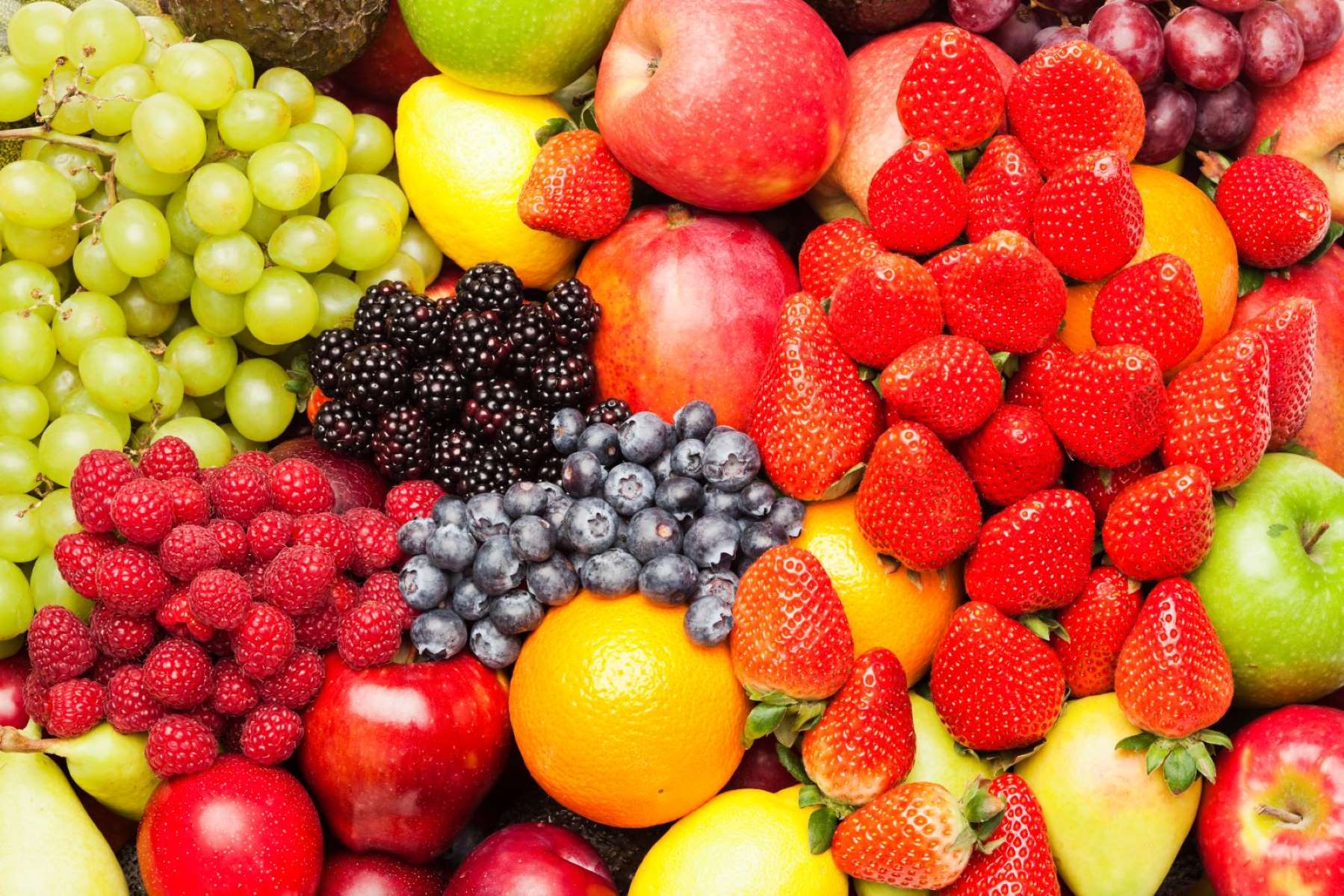

Garden Essentials
What Fruits Have Seeds In Them
Modified: November 1, 2024
Discover which fruits in your garden have seeds in them and learn more about their benefits and uses. Explore a variety of nutritious options!
(Many of the links in this article redirect to a specific reviewed product. Your purchase of these products through affiliate links helps to generate commission for Storables.com, at no extra cost. Learn more)
Introduction
When it comes to enjoying fruits, we often focus on their flavor, juiciness, and nutritional benefits. But have you ever stopped to think about the seeds hidden inside those delicious and colorful fruits? Seeds play a crucial role in the survival and reproduction of plants and are an essential part of the fruiting process. In this article, we will explore the various types of fruits that contain seeds.
Fruits are classified into two main categories: fleshy fruits and dry fruits. Fleshy fruits, as the name suggests, have a soft and juicy pulp surrounding the seeds, while dry fruits have a harder or leathery outer covering. However, both types of fruits fulfill the important function of protecting and dispersing seeds to ensure the continuation of the plant species.
Now, let’s dive into the world of fruits with seeds and discover some of the most common varieties that we enjoy in our daily lives.
Key Takeaways:
- Fruits like apples, oranges, and watermelons have seeds that can grow into new plants or be used for oils, showing the amazing potential of nature’s design and offering opportunities for sustainability and nutrition.
- Enjoying fruits with seeds not only provides delicious flavors but also allows us to appreciate the diverse and ingenious ways in which plants reproduce, offering a glimpse into the remarkable journey of life within each seed.
Read more: What Fruit Does Not Have Seeds
Types of Fruits with Seeds
1. Apples: One of the most beloved fruits, apples are not only delicious but also packed with nutritious seeds. The core of an apple contains several small, brown seeds. These seeds can be planted to grow new apple trees or used to make flavorful apple seed oil.
2. Oranges: Oranges are known for their vibrant color and refreshing taste. Inside the juicy segments of an orange, you can find small, white seeds. These seeds can be used to grow orange trees or pressed to extract oil with a delightful citrus aroma.
3. Watermelons: Picture a juicy, sweet slice of watermelon on a hot summer day. Did you know that those black seeds scattered throughout the bright red flesh are not just for spitting out? Watermelon seeds can be roasted and eaten as a snack, or they can be used to grow your very own watermelon patch.
4. Strawberries: Strawberries are a true treat for the taste buds, and they also have tiny, yellow seeds on their exterior. These seeds are actually a type of fruit called achenes. When you bite into a strawberry, those little seeds add a slight crunch and a burst of flavor.
5. Grapes: Grapes are known for their juiciness and versatility. These small, round fruits contain relatively small, edible seeds. However, many cultivars are now seedless, making them easier to eat and enjoy. Nonetheless, grape seeds are high in antioxidants and can be used to produce grapeseed oil.
6. Bananas: Bananas are a favorite fruit for their creamy texture and natural sweetness. While we don’t typically think of bananas as having seeds, they do indeed have small, black seeds. However, these seeds are so small and underdeveloped that they are typically not noticeable or a part of the eating experience.
7. Pomegranates: Pomegranates are a treasure trove of juicy seeds. Each pomegranate can contain hundreds of tiny, ruby-colored seeds called arils. These seeds are not only delicious and refreshing, but they are also rich in antioxidants and have been used for centuries in culinary and medicinal applications.
8. Kiwis: Kiwis may be small in size, but they are packed with flavor and nutritional value. Inside their fuzzy brown exterior, you’ll find small, black seeds. These seeds add a slight crunch to the soft and tangy flesh of the fruit.
9. Blueberries: Blueberries are known for their vibrant blue color and sweet flavor. These small berries contain tiny seeds that are hardly noticeable when eating them. Nevertheless, these seeds are an integral part of the fruit and contribute to their unique taste and texture.
10. Mangoes: Mangoes are hailed as the “king of fruits” for their rich flavor and tropical charm. Inside the fleshy golden pulp, you’ll find a large flat seed, often called the “stone” or “pit.” With the right technique, you can separate the seed from the fruit and enjoy the mango to its fullest.
These are just a few examples of fruits that contain seeds. Each one offers a unique taste and nutritional profile, making them a delicious and healthy addition to any diet.
Key Takeaways:
- Fruits like apples, oranges, and watermelons have seeds that can grow into new plants or be used for oils, showing the amazing potential of nature’s design and offering opportunities for sustainability and nutrition.
- Enjoying fruits with seeds not only provides delicious flavors but also allows us to appreciate the diverse and ingenious ways in which plants reproduce, offering a glimpse into the remarkable journey of life within each seed.
Read more: What Fruit Does Not Have Seeds
Types of Fruits with Seeds
1. Apples
Apples are one of the most popular fruits worldwide. They come in a variety of colors, flavors, and textures, but one thing they all have in common is the presence of seeds. When you bite into an apple, you may notice a core in the center containing several small, brown seeds.
These seeds are more than just a nuisance to be discarded. In fact, apple seeds are a treasure trove of potential. They contain the genetic information necessary to grow new apple trees and produce more apples. If you plant apple seeds in the right conditions, they can sprout and grow into apple trees, giving you a source of fresh fruit for many years to come.
Aside from their ability to grow new trees, apple seeds can also be used to produce apple seed oil. This oil is derived from the seeds through a process of cold-pressing or solvent extraction. Apple seed oil is rich in essential fatty acids and antioxidants, making it a popular ingredient in skincare products.
While you may not typically consume apple seeds directly, they are safe to eat in small quantities. However, it’s worth noting that apple seeds contain a compound called amygdalin, which can release cyanide when metabolized. The levels of amygdalin in apple seeds are generally very low and not enough to cause harm, but it’s best to avoid consuming large quantities of apple seeds to be on the safe side.
When enjoying a crisp, juicy apple, take a moment to appreciate the seeds embedded within. They represent the potential for growth, sustainability, and a continuation of the apple’s legacy.
Key Takeaways:
- Fruits like apples, oranges, and watermelons have seeds that can grow into new plants or be used for oils, showing the amazing potential of nature’s design and offering opportunities for sustainability and nutrition.
- Enjoying fruits with seeds not only provides delicious flavors but also allows us to appreciate the diverse and ingenious ways in which plants reproduce, offering a glimpse into the remarkable journey of life within each seed.
Read more: What Fruit Does Not Have Seeds
Types of Fruits with Seeds
Read more: What Fruit Doesn’t Have Seeds
2. Oranges
Oranges are known for their vibrant color, refreshing juiciness, and their association with breakfast. But did you know that these citrus fruits also contain seeds?
When you slice open an orange, you’ll find a burst of sweet citrusy aroma and segments filled with tangy juice. Within these segments, you may come across small, white seeds. These seeds are the product of the orange’s reproductive process, and they play a crucial role in the growth and propagation of orange trees.
If you have ever thought about growing your own orange tree, those seeds can be your starting point. By planting the seeds in a suitable environment and providing proper care, you can watch as they sprout and grow into young orange trees. With patience and nurturing, these trees will eventually produce their own juicy and seed-filled fruits for you to enjoy.
While the seeds of oranges are usually small and unobtrusive, they are not typically consumed directly by humans. However, they can be used in other ways. Orange seeds can be pressed to extract their oil, known as orange seed oil or orange oil. This oil is often used as a flavoring agent in food and beverages, as well as in the manufacturing of cosmetics, soaps, and cleaning products.
Additionally, orange seeds can also be dried and ground into a powder. This powder is sometimes used in herbal remedies and traditional medicine. It is believed to have various health benefits, including antioxidant properties and digestive support.
Next time you enjoy a juicy orange, take a moment to appreciate the seeds within. They represent the potential for growth, the continuation of the orange tree’s legacy, and the versatility they offer in various industries.
Key Takeaways:
- Fruits like apples, oranges, and watermelons have seeds that can grow into new plants or be used for oils, showing the amazing potential of nature’s design and offering opportunities for sustainability and nutrition.
- Enjoying fruits with seeds not only provides delicious flavors but also allows us to appreciate the diverse and ingenious ways in which plants reproduce, offering a glimpse into the remarkable journey of life within each seed.
Read more: What Fruit Does Not Have Seeds
Types of Fruits with Seeds
3. Watermelons
When you think of summer, one of the first fruits that come to mind is the refreshing and hydrating watermelon. Known for its bright red flesh and sweet, juicy flavor, watermelons also have another interesting characteristic – they are filled with seeds.
As you slice open a watermelon, you’ll notice the numerous black seeds scattered throughout the bright red flesh. In the past, these watermelon seeds were a regular part of the eating experience. However, with the advancement of breeding techniques, seedless watermelons have become increasingly popular. Seedless watermelons are produced by cross-breeding, resulting in fruits with underdeveloped seeds that are often too small to notice or enjoy.
But don’t dismiss watermelon seeds so easily! They are not just for spitting out or discarding. In fact, watermelon seeds have their own nutritional value and potential uses. They are rich in protein, healthy fats, and vitamins, making them a nutritious snack when roasted or sprouted.
Roasted watermelon seeds can be a tasty and crunchy treat. To do this, simply remove the black seeds from the fruit, rinse them, and roast them in the oven until they turn golden brown. Sprinkle them with a bit of salt or spices for added flavor, and enjoy as a healthy snack or use them as a topping for salads, granola, or baked goods.
If you’re feeling adventurous, you can also sprout watermelon seeds. Soaking the seeds in water triggers the germination process, and after a few days, small sprouts will appear. These sprouts can be added to salads, sandwiches, or smoothies, providing a fresh and nutritious boost.
Watermelon seeds are not just edible; they also have an interesting historical use. In some cultures, watermelon seeds have been used in traditional medicine to help with digestive issues and as a diuretic.
So, the next time you indulge in a slice of juicy watermelon, take a moment to appreciate the seeds. Whether you choose to roast them for a crunchy snack or experiment with sprouting, watermelon seeds offer a unique twist to enhance your overall enjoyment of this delicious fruit.
Key Takeaways:
- Fruits like apples, oranges, and watermelons have seeds that can grow into new plants or be used for oils, showing the amazing potential of nature’s design and offering opportunities for sustainability and nutrition.
- Enjoying fruits with seeds not only provides delicious flavors but also allows us to appreciate the diverse and ingenious ways in which plants reproduce, offering a glimpse into the remarkable journey of life within each seed.
Read more: What Fruit Does Not Have Seeds
Types of Fruits with Seeds
Read more: What Fruits Are True To Seed
4. Strawberries
Strawberries are beloved for their delicate sweetness, vibrant color, and juicy texture. And while they may appear to be seedless at first glance, strawberries actually have tiny edible seeds on their exterior, adding a unique characteristic to this popular fruit.
Unlike most fruits, where the seeds are hidden within the flesh, strawberry seeds are visible on the surface. These small seeds are not true seeds but a type of fruit called achenes. Each achene contains a single seed surrounded by a fleshy fruit wall. The seeds on a strawberry are in fact the equivalent of ovaries, with each seed housing the potential to grow into a new strawberry plant.
When you bite into a strawberry, these tiny seeds contribute to its texture and add a slight crunch. They also release a burst of flavor as you enjoy the fruit. Some people prefer to remove the seeds by cutting off the top or using a huller, but most can easily appreciate the added texture and flavor they bring to every bite.
Strawberries are not just a delicious treat; they also offer numerous health benefits. They are rich in antioxidants, vitamins, and dietary fiber, making them a nutritious addition to your diet. The seeds also contain omega-3 fatty acids, essential for heart health and brain function.
In addition to their culinary appeal and health benefits, strawberry seeds can also be utilized in other ways. For example, strawberry seed oil is extracted from the seeds using cold-pressing techniques. This oil is known for its moisturizing and anti-aging properties, making it a popular ingredient in skincare and cosmetic products.
So, the next time you enjoy a bowl of fresh strawberries, take a moment to appreciate the tiny seeds that contribute to their texture and flavor. These seeds represent the potential for new growth and offer a host of benefits, making strawberries a delightful and nutritious choice for any occasion.
Key Takeaways:
- Fruits like apples, oranges, and watermelons have seeds that can grow into new plants or be used for oils, showing the amazing potential of nature’s design and offering opportunities for sustainability and nutrition.
- Enjoying fruits with seeds not only provides delicious flavors but also allows us to appreciate the diverse and ingenious ways in which plants reproduce, offering a glimpse into the remarkable journey of life within each seed.
Read more: What Fruit Does Not Have Seeds
Types of Fruits with Seeds
5. Grapes
Grapes, with their sweet and juicy flavor, are a popular fruit enjoyed around the world. They come in various colors, including green, red, and purple, and are often consumed as a refreshing snack or used in culinary creations. While many grape varieties are now seedless, it’s important to note that grapes naturally contain seeds.
The seeds of grapes are usually relatively small and nestled within the fleshy pulp. When you bite into a grape, you may encounter a slight crunch from these tiny seeds. However, over the years, cultivation techniques have led to the development of seedless grapes. These grapes still have the remnants of seeds, but they are often underdeveloped and less noticeable, resulting in a smoother eating experience.
But don’t dismiss grape seeds so quickly! Although they may not be enjoyable to munch on, grape seeds have their own valuable properties. They contain antioxidants, vitamins, and minerals that contribute to their potential health benefits. In fact, grape seed extract is a popular supplement known for its antioxidant and anti-inflammatory properties.
Another fascinating aspect of grape seeds is their ability to produce grapeseed oil. This oil is extracted from the seeds through a process of cold-pressing or solvent extraction and is known for its light and nutty flavor. Grapeseed oil has a high smoke point and is often used in cooking, baking, and salad dressings.
Additionally, grape seeds have been used in some traditional medicines and herbal remedies. They are believed to have various health benefits, including promoting cardiovascular health, aiding digestion, and supporting healthy skin.
So, whether you’re enjoying seedless grapes or indulging in a variety with noticeable seeds, take a moment to appreciate the potential that lies within those tiny seeds. From their nutritional value to their culinary applications, grape seeds offer a fascinating glimpse into the multifaceted nature of this versatile fruit.
Key Takeaways:
- Fruits like apples, oranges, and watermelons have seeds that can grow into new plants or be used for oils, showing the amazing potential of nature’s design and offering opportunities for sustainability and nutrition.
- Enjoying fruits with seeds not only provides delicious flavors but also allows us to appreciate the diverse and ingenious ways in which plants reproduce, offering a glimpse into the remarkable journey of life within each seed.
Read more: What Fruit Does Not Have Seeds
Types of Fruits with Seeds
Read more: What Fruit Seeds Contain Cyanide
6. Bananas
Bananas are a widely enjoyed fruit known for their natural sweetness, creamy texture, and the convenience of their peel-and-eat nature. When it comes to bananas, you may not think of them as having seeds, but they do indeed contain small, black seeds.
However, these seeds are not like the typical hard seeds you find in other fruits. Banana seeds are extremely small and often underdeveloped. They are actually classified as immature ovules, which means they are not fully formed seeds and cannot germinate to grow into new banana plants.
While the seeds in bananas are edible, they are generally not consumed due to their texture and size. They are often soft and barely noticeable when you eat a banana. You may occasionally come across a small black dot, but it is unlikely to be a significant part of your eating experience.
In modern cultivated bananas, the majority of commercial varieties are triploid hybrids that have been bred to be seedless. This is done through selective breeding techniques to eliminate or reduce the presence of seeds, making the bananas more desirable for consumers who prefer a smooth and seedless eating experience.
It’s worth mentioning that wild and heirloom banana varieties may still contain viable seeds that can be used to grow new plants. These bananas often have large, hard seeds within their flesh. However, they are less commonly found in commercial markets and are more prevalent in specific regions where they are grown.
So, the next time you enjoy a perfectly ripe banana, appreciate its seedless nature and the convenience it brings. While the tiny black seeds may not play a significant role in your consumption, they serve as a reminder of the diverse nature of fruits and the evolutionary journey that bananas have undergone to become the popular fruit they are today.
Key Takeaways:
- Fruits like apples, oranges, and watermelons have seeds that can grow into new plants or be used for oils, showing the amazing potential of nature’s design and offering opportunities for sustainability and nutrition.
- Enjoying fruits with seeds not only provides delicious flavors but also allows us to appreciate the diverse and ingenious ways in which plants reproduce, offering a glimpse into the remarkable journey of life within each seed.
Read more: What Fruit Does Not Have Seeds
Types of Fruits with Seeds
7. Pomegranates
Pomegranates are renowned for their vibrant ruby-red color, unique shape, and intricate interior filled with juicy arils. These arils, which are the seeds of the pomegranate, are synonymous with the fruit’s rich flavor and health benefits.
When you slice open a pomegranate, you are greeted with a plethora of jewel-like arils nestled within the white pith. Each aril contains a small, edible seed surrounded by a juicy, flavorful pulp. The seeds are usually firm and have a slightly crunchy texture, adding a delightful sensation to each bite.
Pomegranate seeds, also known as arils, are not just visually appealing; they are also packed with nutrients. They are rich in antioxidants, vitamins, and minerals, making them a nutritious addition to your diet. Eating pomegranate seeds is a great way to boost your immune system, support heart health, and promote healthy digestion.
In addition to their nutritional value, pomegranate seeds are a popular ingredient in various culinary creations. They are used in salads, desserts, sauces, and even beverages. The tart and sweet flavor of the arils adds a burst of freshness and complexity to any dish.
Pomegranate seeds are not only delicious but also hold cultural and symbolic significance in many regions around the world. In some cultures, they are seen as a symbol of fertility, abundance, and good luck. Pomegranates are often associated with celebrations and special occasions, where the bursting arils represent prosperity and joyful moments.
So, the next time you enjoy a pomegranate, take a moment to appreciate the beautiful seeds that lie within. Their vibrant color, juicy pulp, and countless health benefits make pomegranate seeds a true treasure among fruits.
Key Takeaways:
- Fruits like apples, oranges, and watermelons have seeds that can grow into new plants or be used for oils, showing the amazing potential of nature’s design and offering opportunities for sustainability and nutrition.
- Enjoying fruits with seeds not only provides delicious flavors but also allows us to appreciate the diverse and ingenious ways in which plants reproduce, offering a glimpse into the remarkable journey of life within each seed.
Read more: What Fruit Does Not Have Seeds
Types of Fruits with Seeds
Read more: What Fruit Has Its Seeds On The Outside
8. Kiwis
Kiwis, with their fuzzy brown exterior and vibrant green flesh, are an exotic and delicious fruit that packs a punch of flavor. While they may not be one of the first fruits that come to mind when thinking about seeds, kiwis do indeed contain small, edible seeds that add a unique dimension to their overall eating experience.
The seeds of kiwis are typically small, black, and found throughout the flesh of the fruit. Although the seeds are edible, they are generally soft and have a mild crunchy texture that blends seamlessly with the juicy and tangy flesh. When eaten, the seeds contribute a subtle nuttiness to the overall flavor profile of the fruit.
Besides their flavorful contribution, kiwi seeds also offer nutritional benefits. They are a source of dietary fiber, which aids in digestion and helps maintain a healthy digestive system. Additionally, the seeds contain omega-3 fatty acids, which are important for heart health and brain function.
While most people opt to enjoy kiwis as is, by simply cutting the fruit in half and scooping out the flesh or peeling the skin and slicing it into pieces, there are adventurous eaters who embrace the whole experience. These individuals choose to consume the entire fruit, including the skin and seeds, which adds an extra level of texture and flavor to their enjoyment of kiwis.
Beyond consuming kiwis as a delicious fruit, the seeds have been utilized in various ways. For example, kiwi seed oil is extracted from the seeds and is known for its moisturizing properties. This oil is used in some skincare products, providing hydration and nourishment to the skin.
So, the next time you savor a delightful kiwi, take a moment to appreciate the tiny edible seeds that blend harmoniously with the juicy flesh. These seeds contribute to both the taste and nutritional value, making kiwis a delightfully unique fruit to enjoy.
Key Takeaways:
- Fruits like apples, oranges, and watermelons have seeds that can grow into new plants or be used for oils, showing the amazing potential of nature’s design and offering opportunities for sustainability and nutrition.
- Enjoying fruits with seeds not only provides delicious flavors but also allows us to appreciate the diverse and ingenious ways in which plants reproduce, offering a glimpse into the remarkable journey of life within each seed.
Read more: What Fruit Does Not Have Seeds
Types of Fruits with Seeds
9. Blueberries
Blueberries are small, round fruits that are revered for their rich flavor and vibrant color. These delightful berries not only offer a burst of sweetness but also contain tiny seeds that add a unique texture to their overall eating experience.
The seeds of blueberries are usually small and unobtrusive, hidden within the juicy flesh. When you bite into a blueberry, you might not even notice the presence of the seeds. However, these seeds play an essential role in the reproductive process of the fruit, just like in any other flowering plant.
While the seeds in blueberries are generally soft and edible, they are usually not noticeable when consuming the fruit. This is partly due to the fact that blueberries are often consumed fresh or used in various culinary applications, such as in smoothies, desserts, or baked goods. However, if you were to examine the seeds closely, you would find that they are small, dark, and slightly crunchy.
In addition to the burst of flavor they provide, blueberry seeds also offer nutritional benefits. They are a good source of dietary fiber, which supports healthy digestion and aids in maintaining regular bowel movements.
Blueberries are often referred to as a “superfood” due to their numerous health benefits. They are rich in antioxidants, which help protect the body against oxidative stress and can potentially reduce the risk of chronic diseases. Blueberries are also a good source of vitamins C and K, as well as manganese.
When enjoying blueberries, whether in a fresh handful or incorporated into various dishes, it’s an opportunity to relish their natural sweetness and appreciate the tiny seeds that blend seamlessly with their juicy flesh. These seeds represent the potential for new growth and contribute to the overall nutritional value of this enticing fruit.
Key Takeaways:
- Fruits like apples, oranges, and watermelons have seeds that can grow into new plants or be used for oils, showing the amazing potential of nature’s design and offering opportunities for sustainability and nutrition.
- Enjoying fruits with seeds not only provides delicious flavors but also allows us to appreciate the diverse and ingenious ways in which plants reproduce, offering a glimpse into the remarkable journey of life within each seed.
Read more: What Fruit Does Not Have Seeds
Types of Fruits with Seeds
Read more: What Veggies Have Seeds
10. Mangoes
Mangoes are often hailed as the “king of fruits” for their deliciously sweet and tropical flavor. These juicy fruits not only provide a delightful taste experience but also have a large, flat seed, often referred to as the “stone” or “pit,” at their core.
When you cut open a mango, you’ll notice the fleshy, golden-yellow pulp that surrounds the seed. The seed is relatively large compared to the size of the fruit and is surrounded by a fibrous layer. While the seed itself is not edible due to its tough and woody texture, it plays a crucial role in the mango’s growth and reproduction.
Mango trees are propagated through the transplantation of the seed or through grafting techniques. By planting the seed in suitable conditions, one can cultivate their own mango tree and potentially enjoy a bountiful harvest of this tropical fruit in the future. However, keep in mind that growing a mango tree from seed requires patience and a suitable climate, as it can take several years for the tree to bear fruit.
Mango seeds have also been used in traditional medicine for their potential health benefits. In some cultures, the seed is dried, ground into a powder, and used as a remedy for various ailments such as diarrhea and dysentery.
While enjoying a ripe mango, you’ll likely encounter the stone at the center. To separate the flesh from the seed, you can carefully slice off the sides of the mango, avoiding the central stone. Once the flesh is separated, you can savor the juicy sweetness of the mango without worrying about the seed.
Mangoes are not only delicious and refreshing but also offer an abundance of nutrients. They are an excellent source of vitamins A and C, as well as dietary fiber. The vibrant color of the fruit indicates the presence of powerful antioxidants that help protect the body against oxidative stress.
So, the next time you indulge in a succulent mango, take a moment to appreciate the stone at its core. It represents the potential for new growth and adds depth to the enjoyment of this tropical delight.
Fruits like apples, oranges, and watermelons have seeds in them. Some fruits, like bananas and seedless grapes, are grown without seeds.
Conclusion
Fruits with seeds are not only tasty and nutritious but also provide a fascinating insight into the reproductive process of plants. From the tiny seeds hidden within apples and oranges to the edible arils of pomegranates and the crunchy seeds of grapes, these fruits showcase the ingenuity of nature’s design.
While some fruits, like bananas and seedless grapes, may not have noticeable seeds, others, such as watermelons and strawberries, have seeds that add texture and flavor to the eating experience. It’s important to appreciate the diversity and complexity of fruits, as each seed serves a vital purpose in the propagation and continuation of the plant species.
Furthermore, these seeds offer opportunities for growth beyond the fruit itself. Seeds can be planted to grow new trees, offering a sustainable source of fresh fruit for generations to come. They can also be used to produce oils with various culinary and skincare applications. Additionally, seeds are packed with nutrients, fiber, and antioxidants, making them an important part of a healthy diet.
As you enjoy fruits with seeds, take a moment to savor their unique textures, flavors, and nutritional benefits. Whether you’re biting into an apple, savoring the arils of a pomegranate, or relishing the crunch of a watermelon seed, each experience is a testament to the remarkable diversity and ingenuity of the plant kingdom.
So, go ahead and indulge in these delicious fruits, knowing that you’re not just enjoying their taste, but also appreciating the incredible journey of life that resides within their seeds.
Frequently Asked Questions about What Fruits Have Seeds In Them
Was this page helpful?
At Storables.com, we guarantee accurate and reliable information. Our content, validated by Expert Board Contributors, is crafted following stringent Editorial Policies. We're committed to providing you with well-researched, expert-backed insights for all your informational needs.
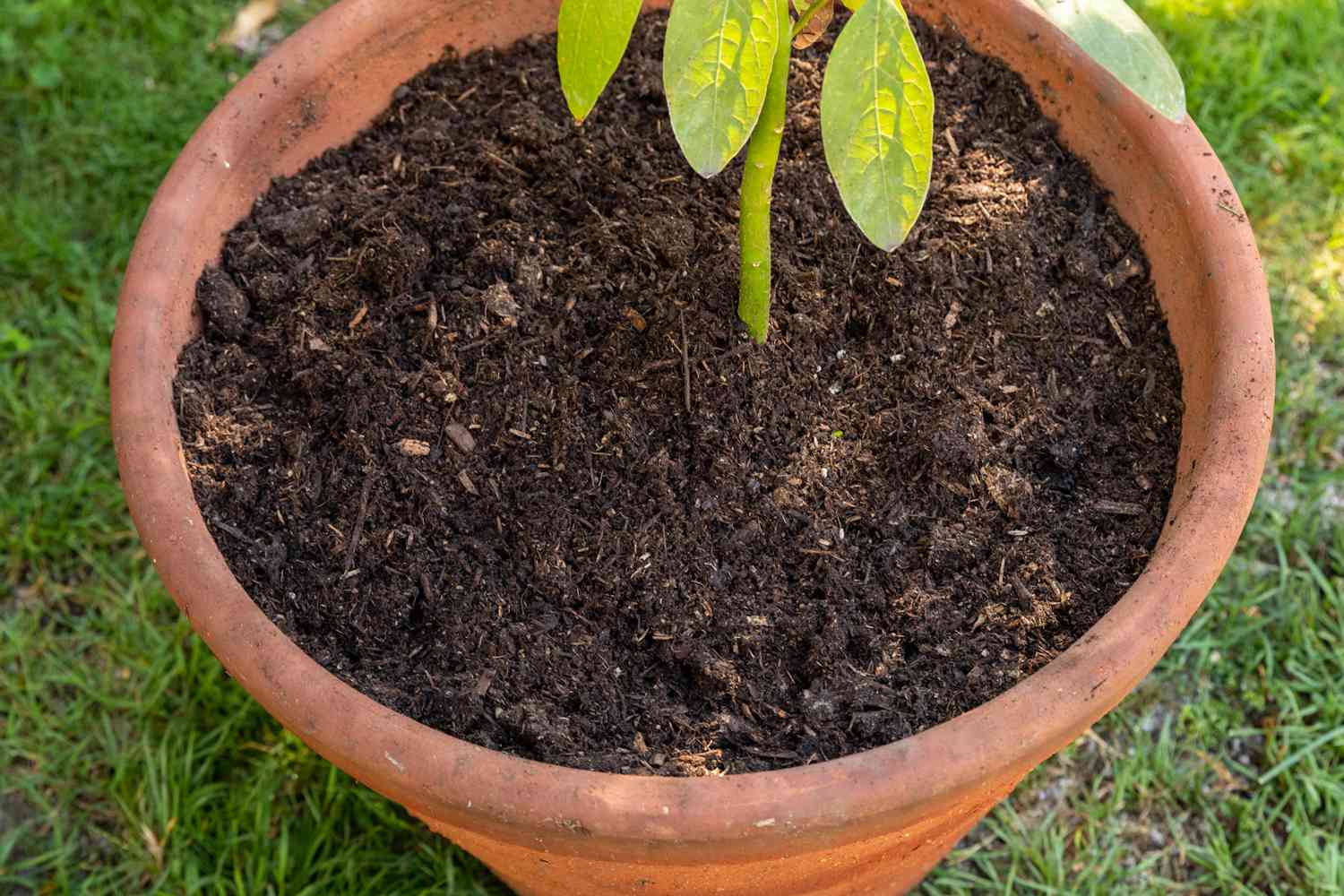
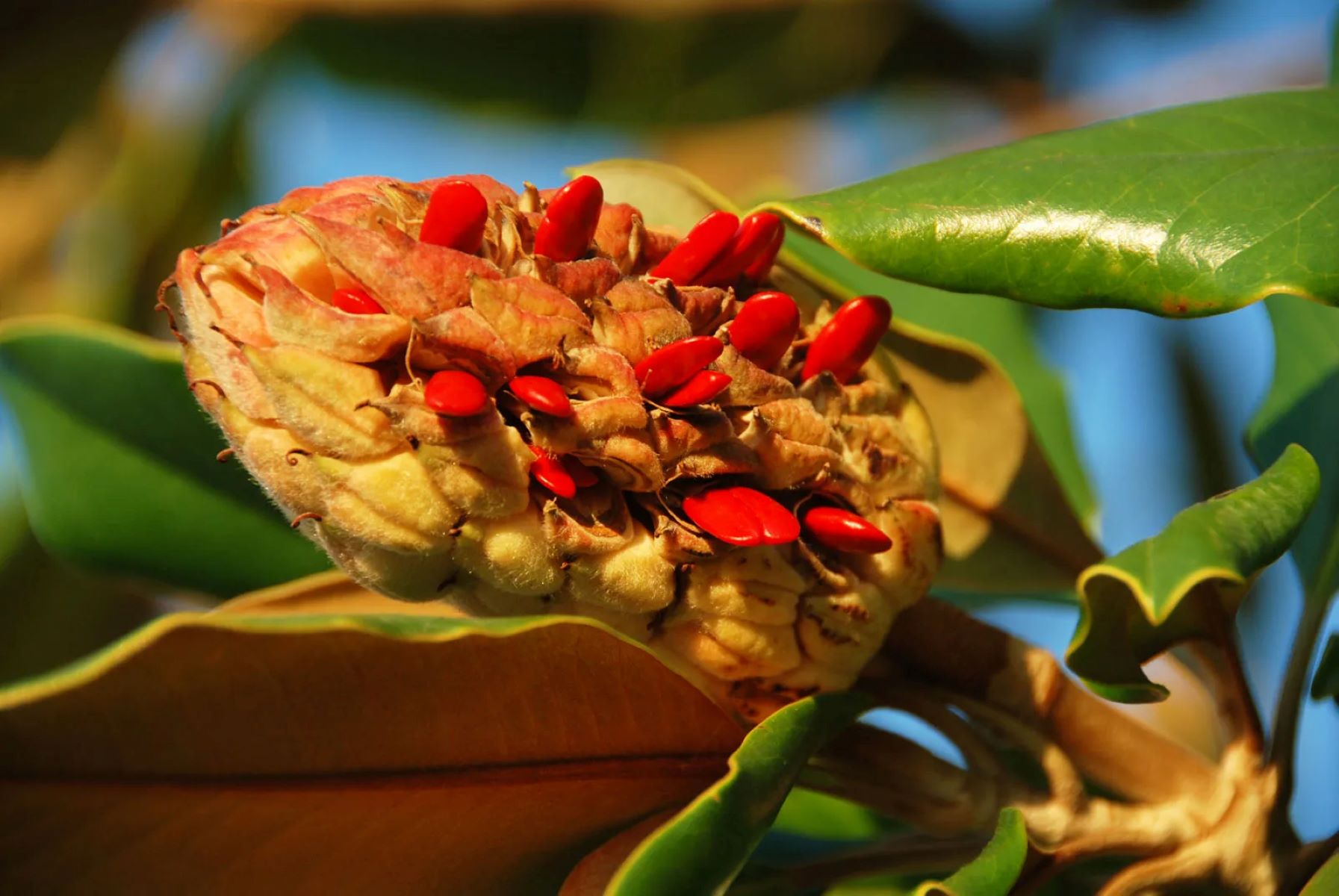
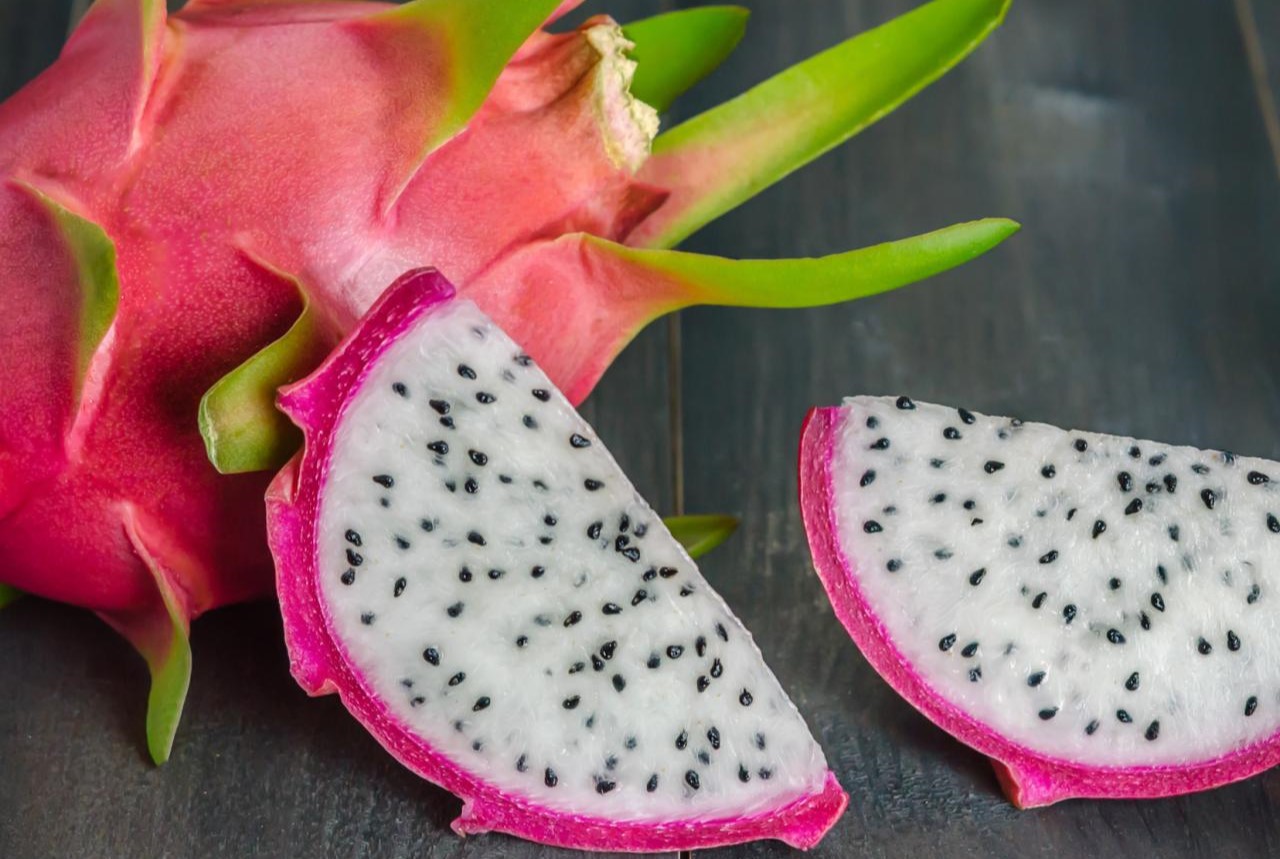
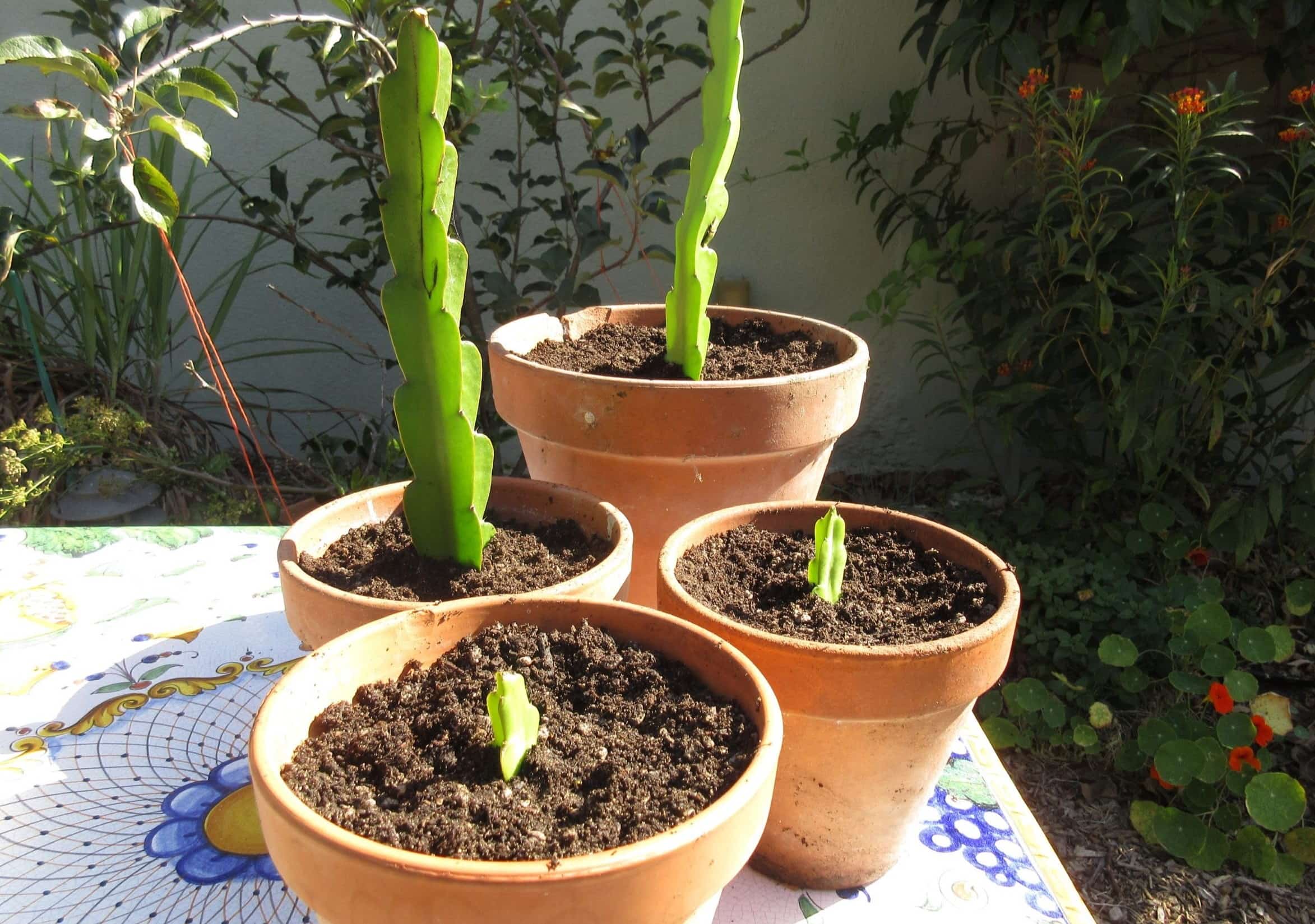
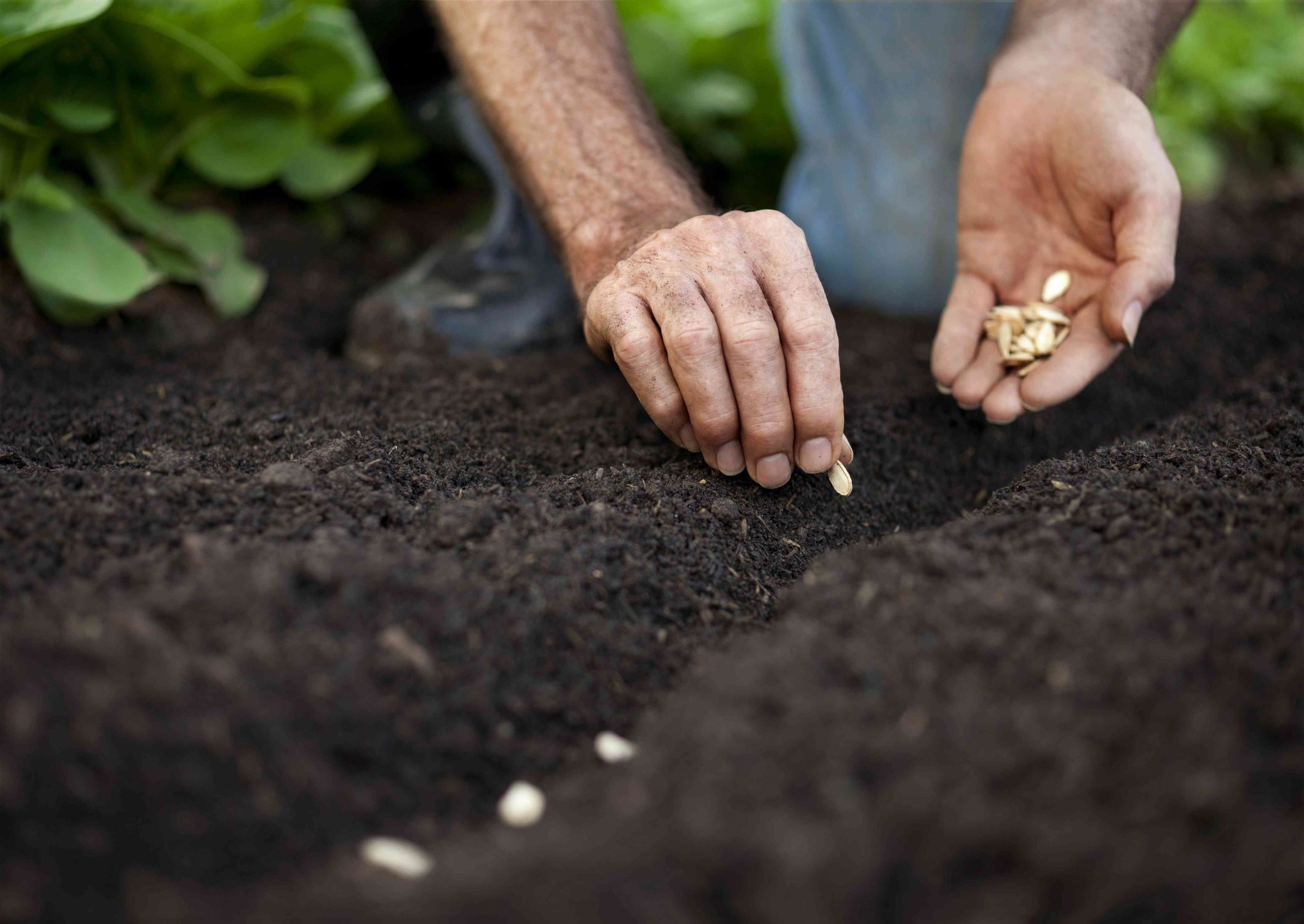
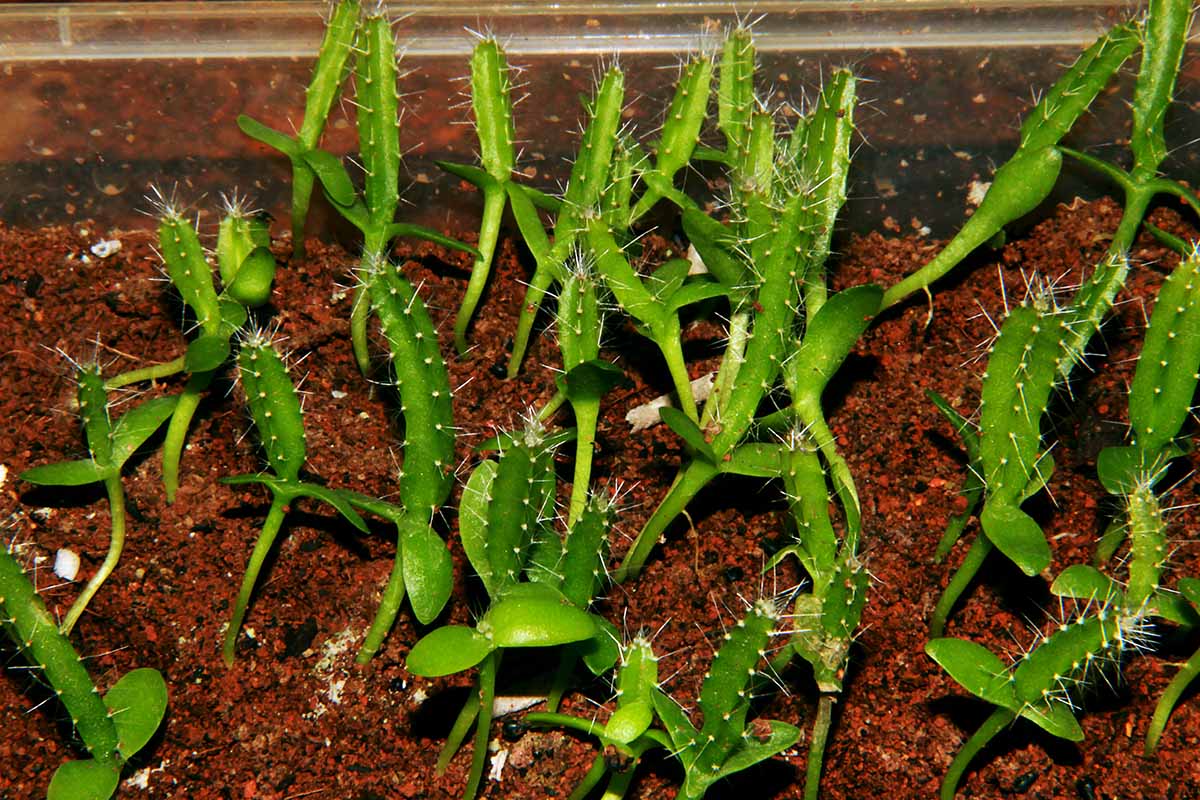
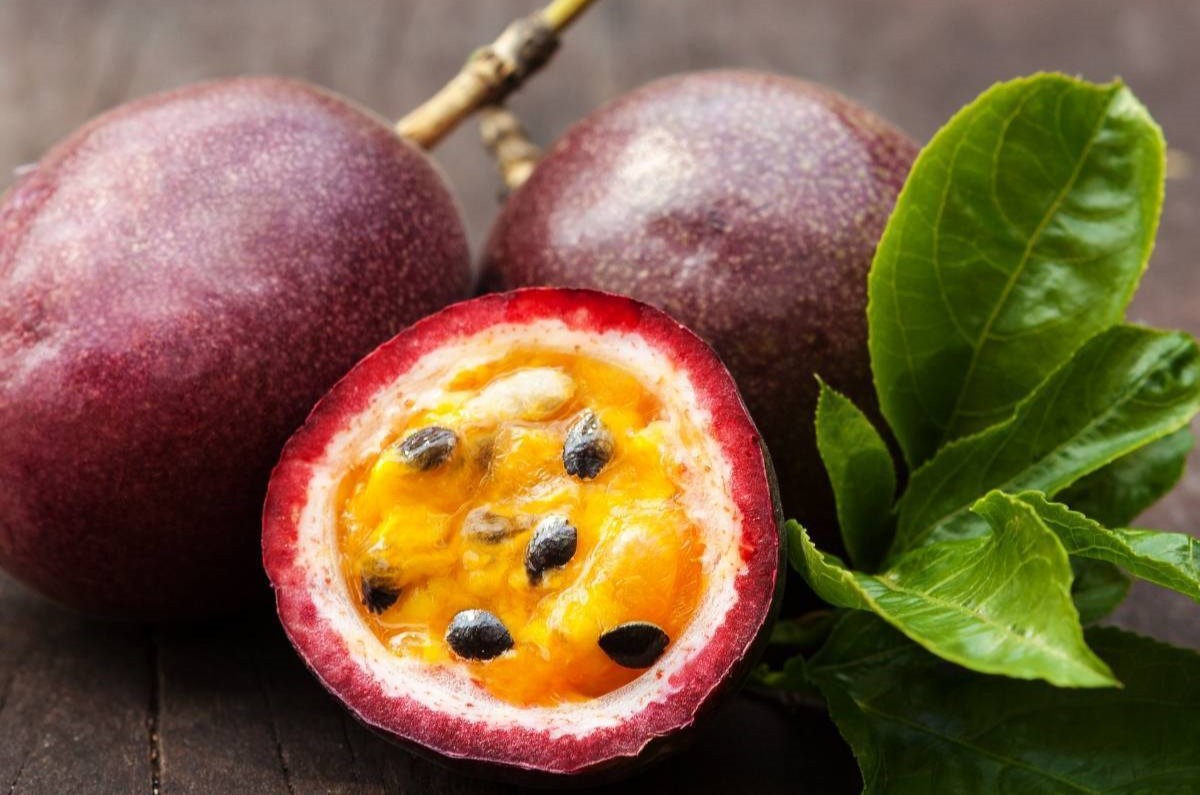
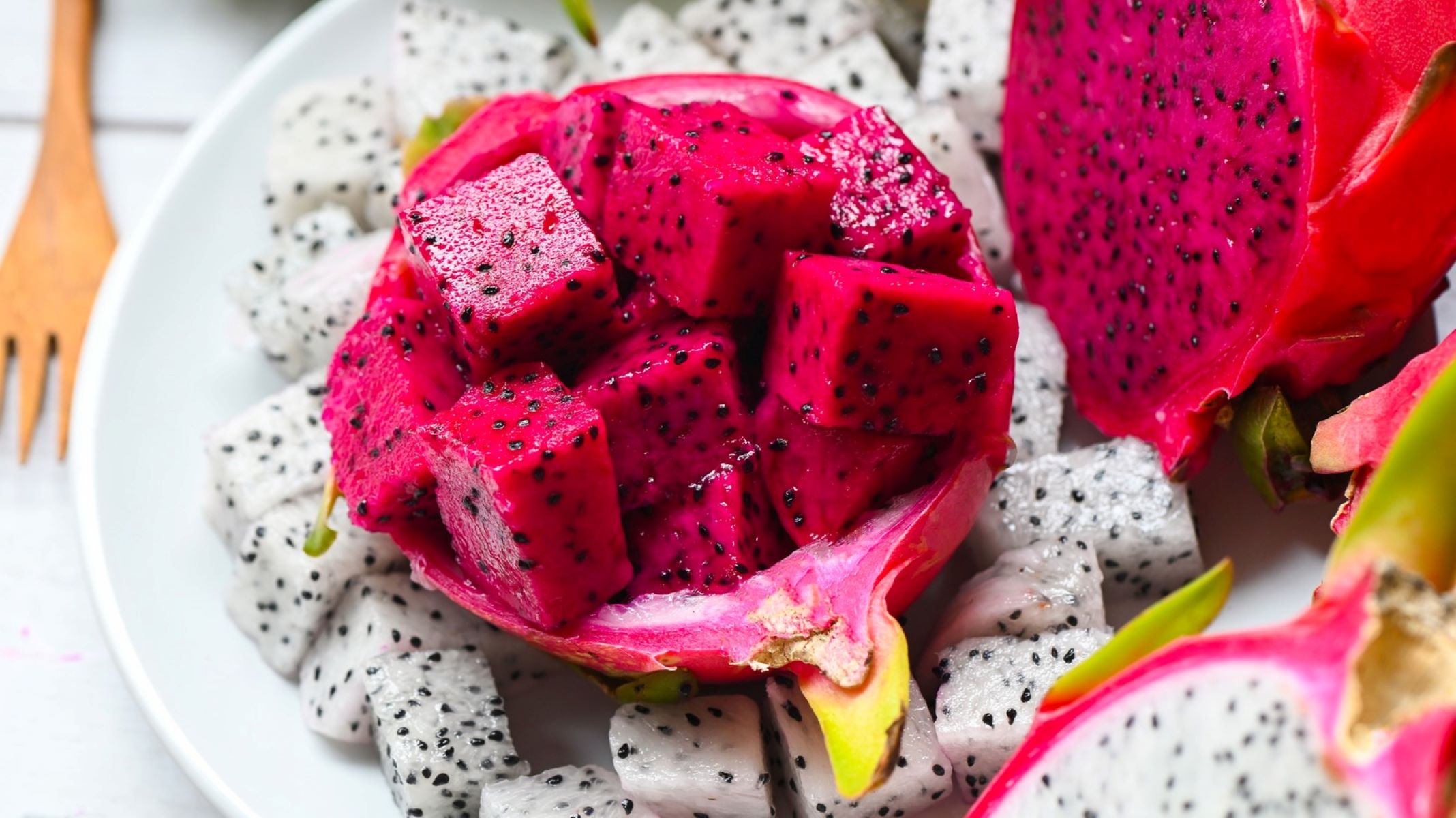
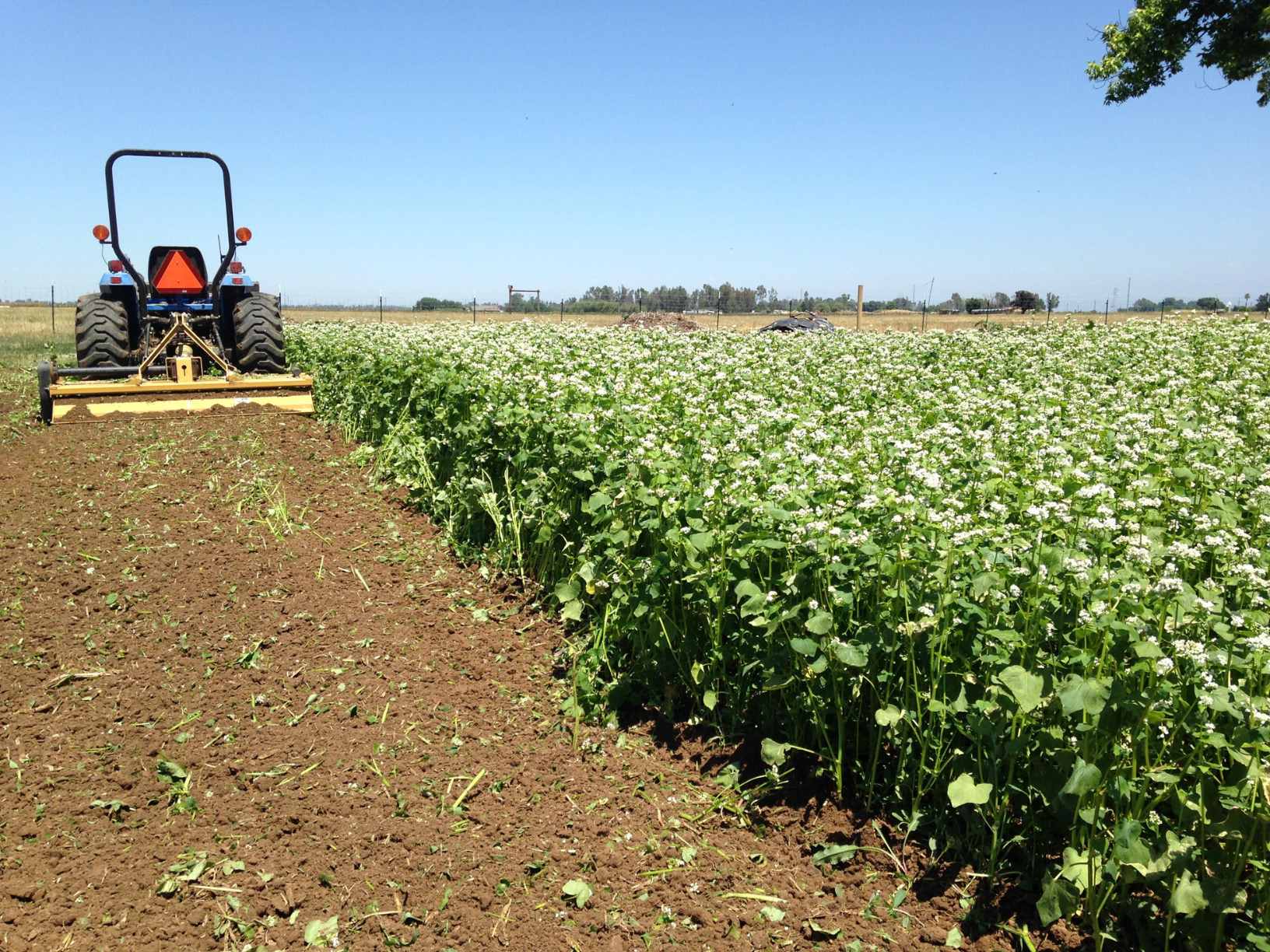
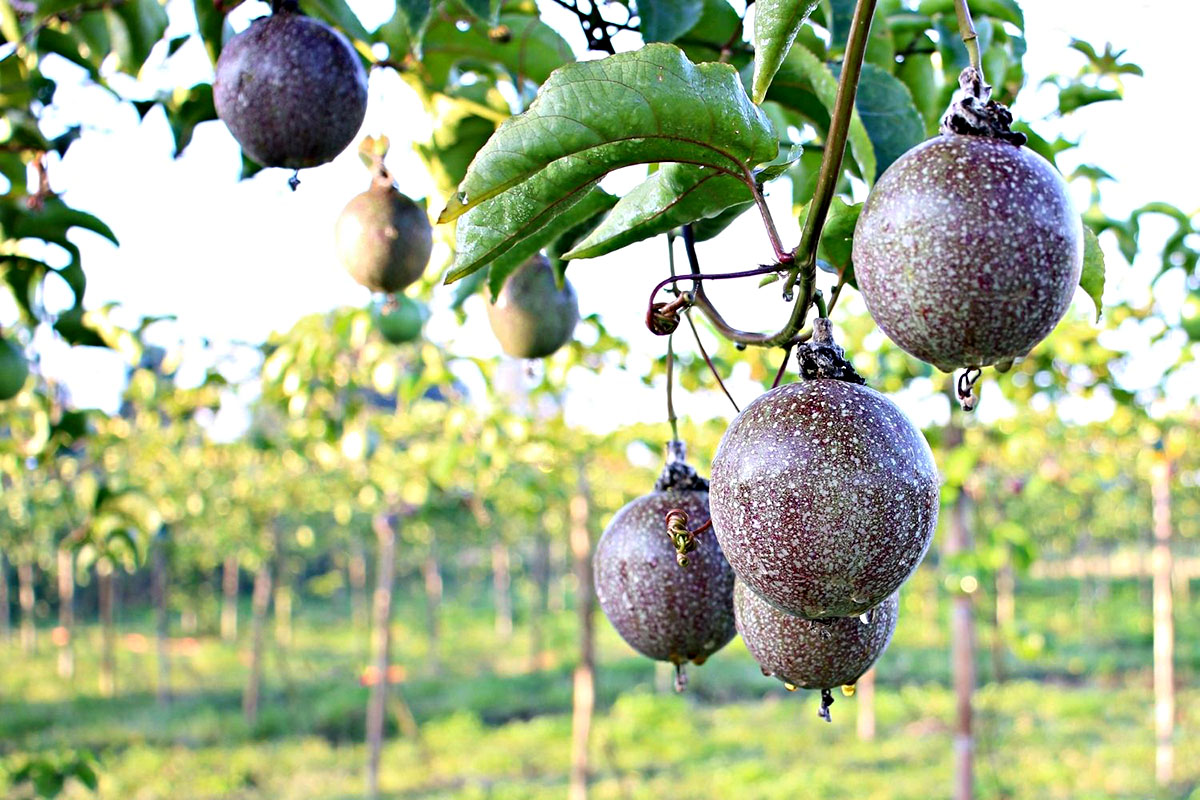

0 thoughts on “What Fruits Have Seeds In Them”